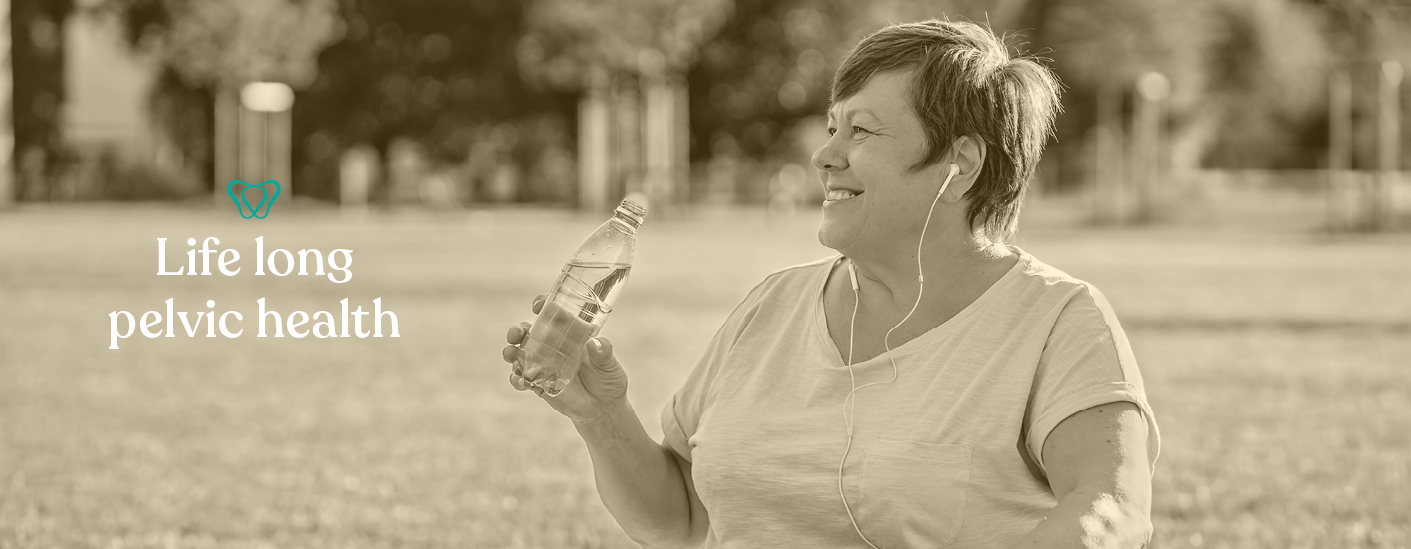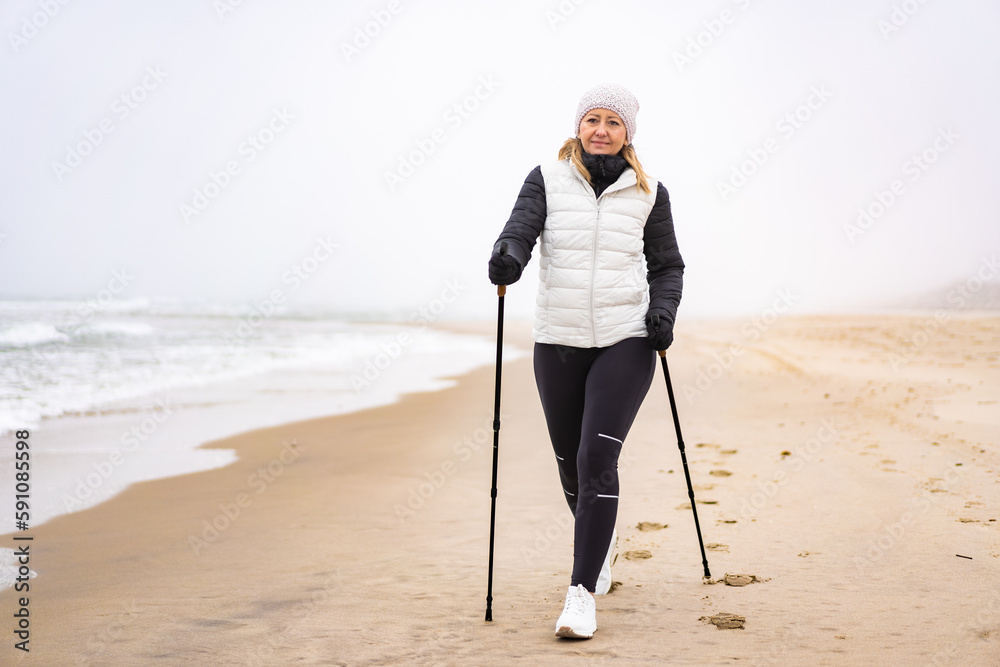Pelvic Floor & Menopause
Moving beyond menopause with a healthy pelvic floor!
Patient Story
Post menopausal client, 68 years old
“The Cheerful Pelvis Clinic made a huge difference to me in my desperate search to find ways to manage my Interstitial Cystitis! I discovered valuable techniques and exercises to minimize my painful symptoms! I owe so much to Sam for being kind, compassionate and very respectful of my needs and wants during a very difficult time in my life. After only a few sessions with Sam, I now fully understand how my pelvic floor was the cause of much of my pain and discomfort.
…I highly recommend this jewel of a clinic and hope that many more women can benefit from the highly skilled staff as much as I did.”


Pelvic Floor Physiotherapy Can Help You:
-
 Understand hormone-related changes
Understand hormone-related changes -
 Be proactive in maintaining good bladder and bowel function as you age
Be proactive in maintaining good bladder and bowel function as you age -
 Resolve issues such as incontinence, weakness, urgency, sexual concerns and pain
Resolve issues such as incontinence, weakness, urgency, sexual concerns and pain -
 Keep you active and confident in your pelvic health life long!
Keep you active and confident in your pelvic health life long!
-
Menopausal changes:
-
Genitourinary Syndrome of Menopause (GSM)
-
Treatment may include
-
Strength training
